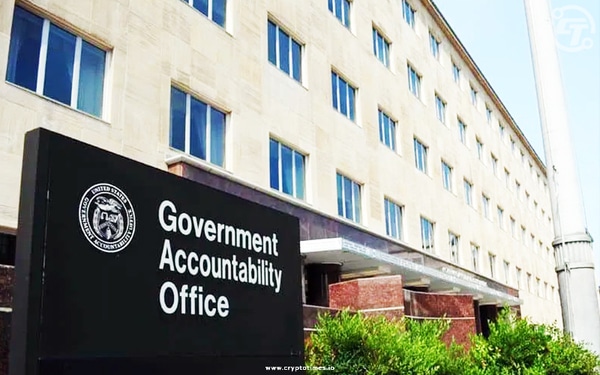In a recent report, the United States Government Accountability Office (GAO), a watchdog agency, has shed light on the regulatory landscape for blockchain technology in finance.
The 77-page report, commissioned by Reps. Maxine Waters and Stephen Lynch from the House of Representatives Financial Services Committee before the midterm elections, concluded that more regulations are necessary.
The report primarily focused on crypto asset trading platforms and stablecoins, pointing out that these products lack proper regulation. While traditional assets enjoy robust oversight, crypto assets face limited supervision from agencies like the Treasury’s Financial Crimes Enforcement Network and state money transmitter licensing.
The report also delved into the topic of decentralized finance (DeFi), stating that regulation for DeFi should be inversely proportional to its level of decentralization.
Fully decentralized ecosystems pose unique challenges as there is no single entity responsible for their development, operation, or governance, and they may operate across various regulatory jurisdictions.
Furthermore, the report raised concerns about the lack of coordination between regulators and the slow response to market innovations.
To address these issues, the report recommended that relevant regulatory agencies work together to establish a formal coordination mechanism for identifying risks associated with blockchain-related products and services and formulating timely regulatory responses.
Also Read: US FSC Chairman Pushes Regulatory Clarity for Digital Assets
While the GAO’s recommendations are not legally binding, the agency’s century-old reputation as the country’s highest auditor gives considerable moral weight to its findings. The National Credit Union Administration agreed with the report’s findings, while others neither agreed nor disagreed.






